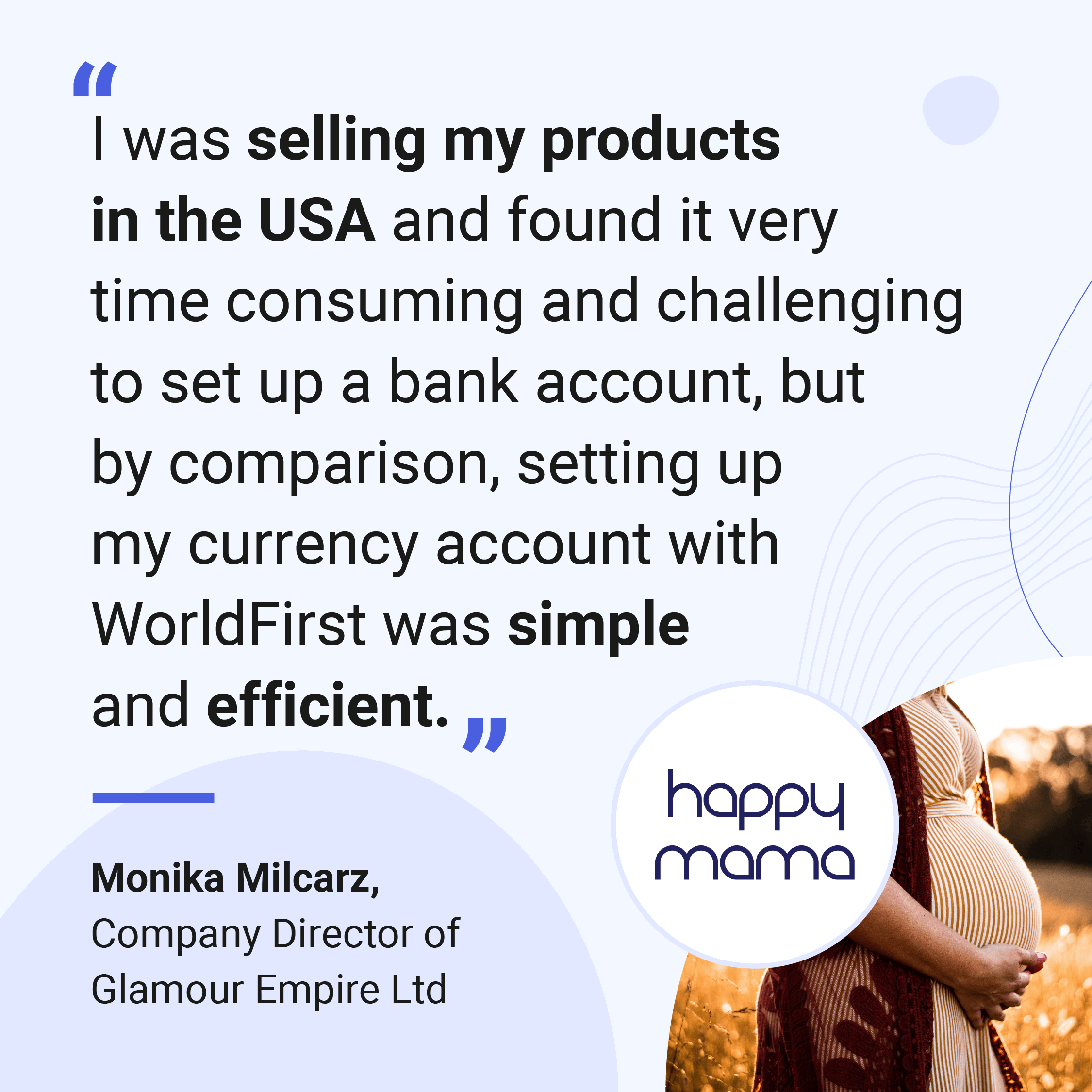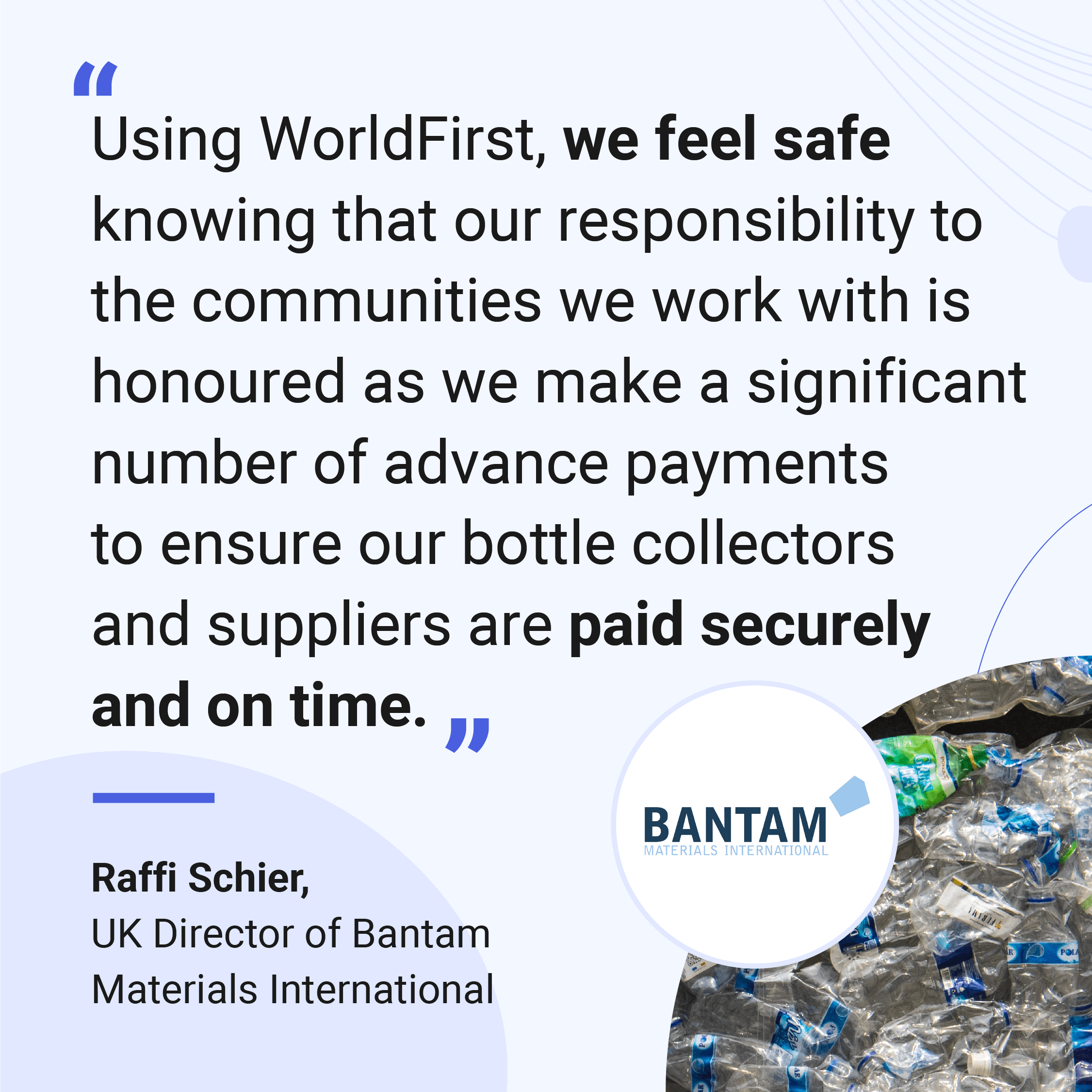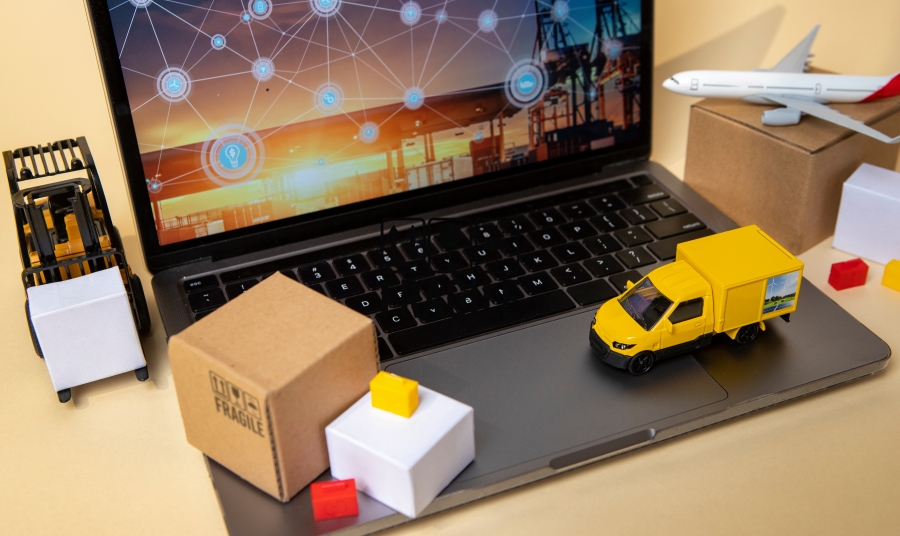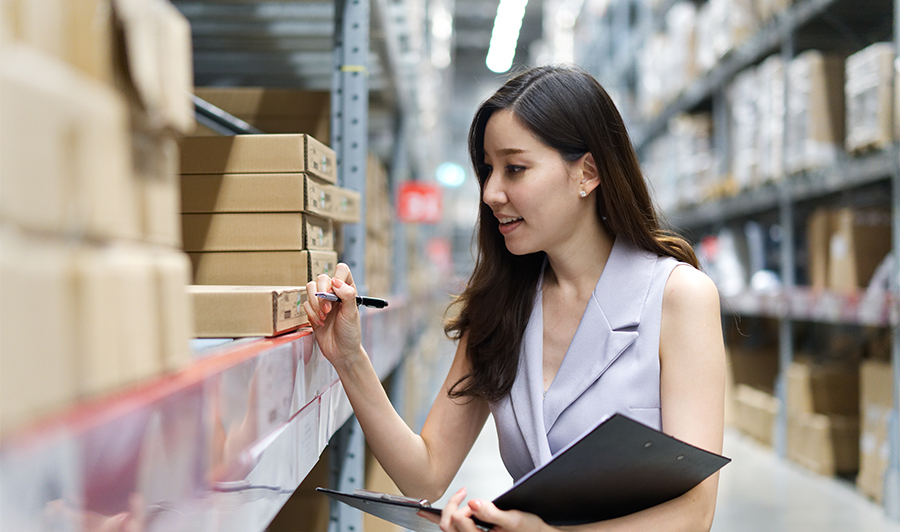
The world ground to a virtual halt in 2020 in response to the Covid-19 pandemic. Opportunities for international travel vanished almost overnight, restricting global trade and consumer spending options. In China, coronavirus-related restrictions led to a major increase in demand for high quality goods – and demand is still rising.
Presuming you’ve been successful in the UK, why not consider selling luxury goods to China?
Why selling premium goods to China makes sense
There were more than 782.41 million online shoppers in China in 2020 – almost 150 million more than the previous year – and opulence is big business. Here are three of the biggest reasons why selling luxury goods to China makes good business sense:
- Premium brands have higher margins. Simply put, these products carry higher profit margins. The more products you sell, the more profit you make.
- Consumers in China will pay more for quality. According to a recent Santander survey, Chinese consumers equate price with quality, and will pay more for products they believe are high quality.
- The luxury goods market in China is thriving. In 2018, consumers in China spent 770 billion RMB (roughly £86 million) on luxury goods.
How to buy and sell from China
Some small small business owners in the UK use e-commerce marketplaces to break into the Chinese market. Others adopt a strict export-only strategy and liaise with wholesale buyers in China. If you decide to take the first approach, you can use two Chinese marketplaces to gain a foothold: Tmall and Tmall Global.
Selling on Tmall
One of the easiest ways to sell to Chinese consumers is via Tmall Global. Alibaba Group’s Tmall Global launched in 2014, and it quickly became a hub for Chinese consumers with a penchant for premium products. Originally called Taobao Mall, Tmall is for businesses that already have a physical presence in China. Tmall Global, on the other hand, allows international businesses with no physical presence in mainland China to set up an online store.
To sell products on Tmall, you simply create a Tmall store, add listings, wait for approval and begin trading. You have to prove that you own your brand, or that you have a license to sell branded products – and you need to create a logistics plan. If applicable, you also have to ensure that your products comply with Chinese CCC or CIQ regulations.
Once approved, you can ship products directly from the UK to Chinese consumers – and you can link your account from WorldFirst to save money when you get paid.
Exporting UK-made products to China
Certain products – and some pieces of equipment – are simply too niche to source "at home.' Some alcoholic beverages, for example – including Scotch whisky and British gin – do very well in the Chinese marketplace. In the first three quarters of 2019, UK spirits exports to China totalled £78 million; in July 2021, an entire whisky distillery was shipped from Scotland to China.
If you decide to export UK-made products into China, you’ll need to get your paperwork in order – and you’ll need to arrange cargo insurance. Essential export-related documents include:
- A commercial invoice: also called a customs invoice, the commercial invoice contains information about the products you intend to export to China.
- A packing list: also known as a delivery docket or a manifest, a packing list is a detailed list of every item in your shipment
- A bill of lading: the shipping company will give you a bill of lading when they accept your goods; you can use it to prove shipment.
- An export sales contract: you’ll define the terms and conditions of the sale using Incoterms 2020 in an export sales contract.
- A customs declaration: you’ll need to create a customs declaration to get your shipment through UK customs; your buyer will draft a Chinese customs declaration.
- An inspection certificate: some goods, like food products, animals, chemicals and medical drugs, must go through an inspection in China.
Streamline international transactions with WorldFirst
If your company has done well in Britain and you’d like to expand overseas, China represents a real opportunity for growth. There are more than 1.4 billion people in China – and according to a recent Morgan Stanley analysis, Chinese consumer spending will double by 2030. Chinese consumers, while keen on local brands, also enjoy imported luxury goods like whisky, gin and occasionally, high-end chocolate.
With more than 10 years' experience transferring funds from Britain to China – and vice versa – WorldFirst is the obvious choice for UK marketplace sellers looking to expand overseas.

You might also like
WorldFirst articles cover strategies to mitigate risk, the latest FX insights, steps towards global expansion and key industry trends. Choose a category, product or service below to find out more.
Businesses like yours trust WorldFirst
- Almost 1,000,000 businesses have sent $150B around the world with WorldFirst and its partner brands since 2004
- Your money is safeguarded with leading financial institutions
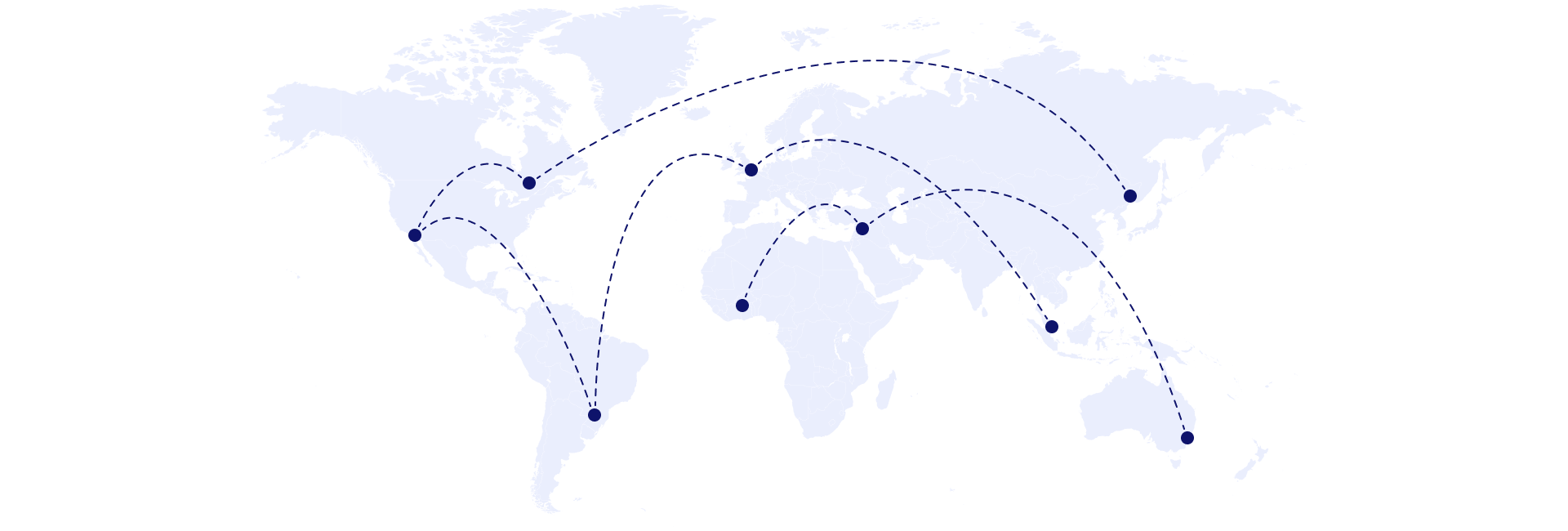
What our customers say about our services
